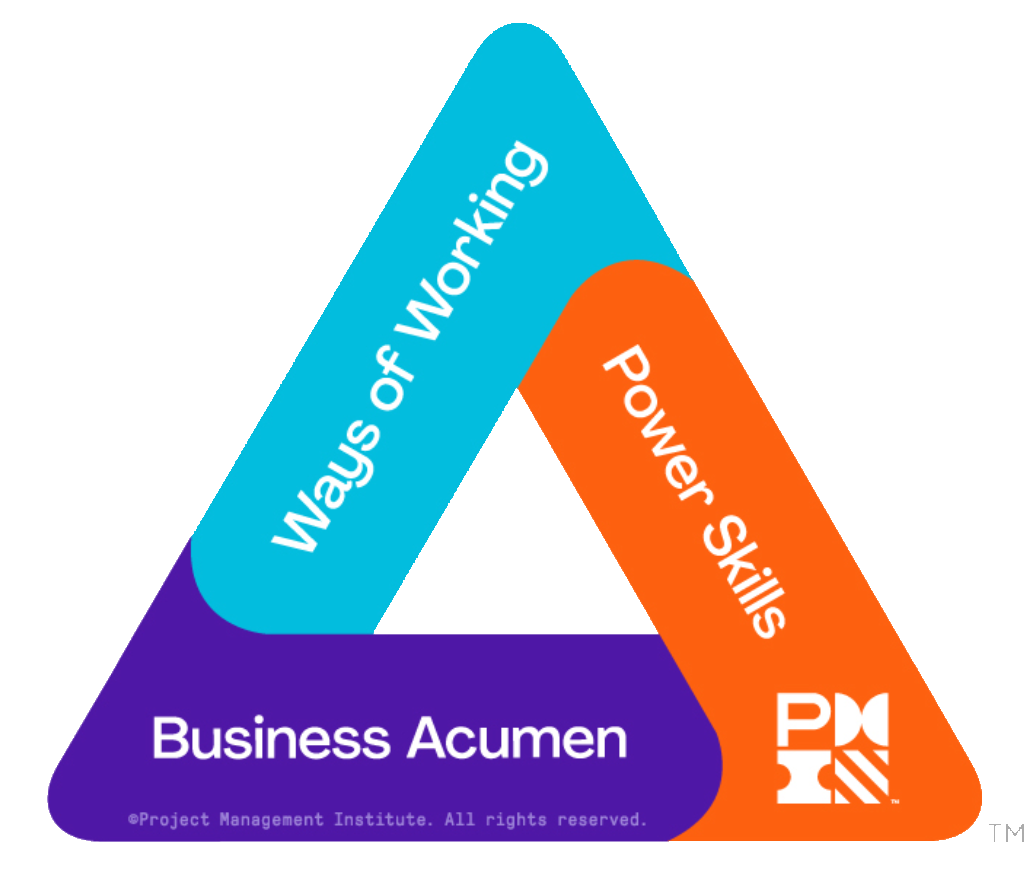Project Scheduling Basics
Are your projects consistently late? Are you struggling to set realistic expectations of when you will be able to turn over deliverables to your stakeholders? If so, then this course is for you.
Starting with how to choose the right high-level scheduling approach (waterfall, incremental or agile) for your project and continuing on to detailed scheduling techniques such as the critical path method (CPM), this one-day workshop will give you the tools you need to build more realistic project schedules. Case study simulations will give participants hands-on practice building project schedules for real-world projects.
LEARNING OBJECTIVES
Participants will gain practical skills to:
- Describe different project scheduling approaches
- Determine the appropriate scheduling approach for a project
- Build a project schedule using the critical path method
- Use a project schedule to monitor and control projects
- Forecast new project end dates based upon actual progress metrics
- Effectively communicate due dates to project stakeholders
WHO SHOULD ATTEND
This course is a foundational course recommended for those interested in learning the basics of project management. We also recommend it for beginners who have no prior formal scheduling training but who wish to take courses on Microsoft Project or Primavera P6.
PREREQUISITE
There is no prerequisite for this course. It functions as a stand-alone course.
MATERIALS
You will receive a course binder containing copies of presentation slides, handouts, and activities.
WHAT YOU WILL LEARN
|
Introduction
Project Scheduling
Predictive Scheduling
|
Rolling Wave Scheduling
Predictive Forecasting
Agile Forecasting
|

 The following table provides the breakdown of the professional development units (PDUs) for this course aligned with the PMI Talent TriangleTM.
The following table provides the breakdown of the professional development units (PDUs) for this course aligned with the PMI Talent TriangleTM.